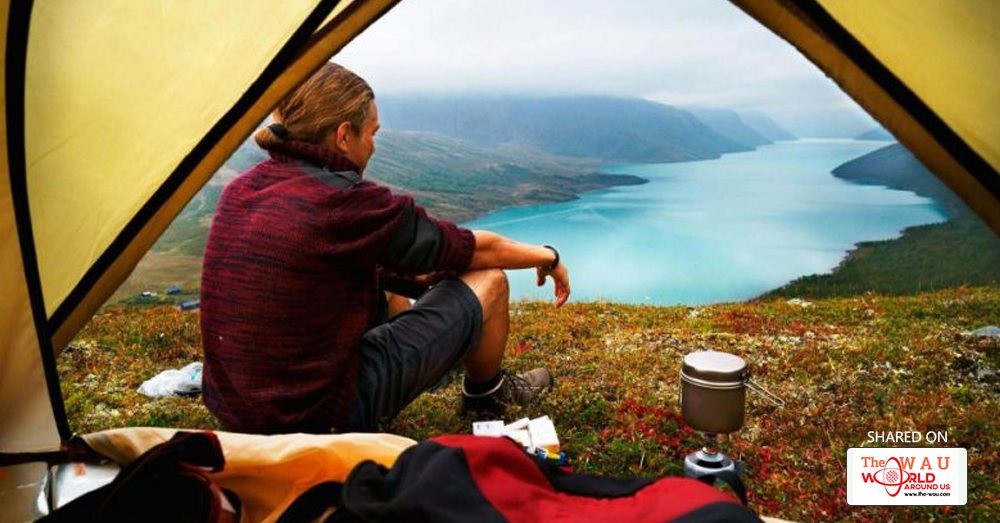Night owls may be able to get to bed earlier just by taking more weekend camping trips, according to new research.
A paper published Thursday in the Cell Press suggests that spending just a few days in the outdoors, away from artificial lights, can reset it.
Members of the research team responsible for this study have been working on the connections between natural and artificial light and sleep patterns for awhile. Several of the team's members had found in a previous study that electric lighting can disrupt the body's circadian rhythm — a natural 24 hour cycle of physical and mental changes — by as much as 2½ hours. A delayed circadian rhythm typically begets a delayed sleep pattern.
In the same study, they had also found that simply sending a group of eight people out on a week-long camping trip during the summer, without flashlights, flashing cell phones or any other light besides that of a campfire, changed the sleep patterns of even avowed night owls into early risers.
In the current study, the researchers, who hail from the University of Colorado, Boulder, and Sweden's Karolinska Institutet and Stockholm University, performed two more experiments. They sent a group of people out camping for a week in the middle of winter — around the time of the winter solstice — to see if the shorter days and lower levels of sunlight would be enough to achieve a similar effect.
It was. Even a second group sent out for only two days (a weekend) still saw their circadian rhythms shift in favor of earlier bedtimes.
"Late circadian and sleep timing in modern society are associated with negative performance and health outcomes such as morning sleepiness and accidents, reduced work productivity and school performance, substance abuse, mood disorders, diabetes, and obesity," said Kenneth Wright at the University of Colorado Boulder, in a news release. "Our findings demonstrate that living in our modern environments contributes to late circadian timing regardless of season and that a weekend camping trip can reset our clock rapidly."
But he also added that simply designing our homes and environments in ways that favor natural cycles of daylight and darkness may also a solution to circadian creep.
"Our findings highlight an opportunity for architectural design to bring in more natural sunlight into the modern built environment and to work with lighting companies to incorporate tunable lighting that would be able to change across the day and night to enhance performance, health, and well-being," Wright said, in the release.
Share This Post















